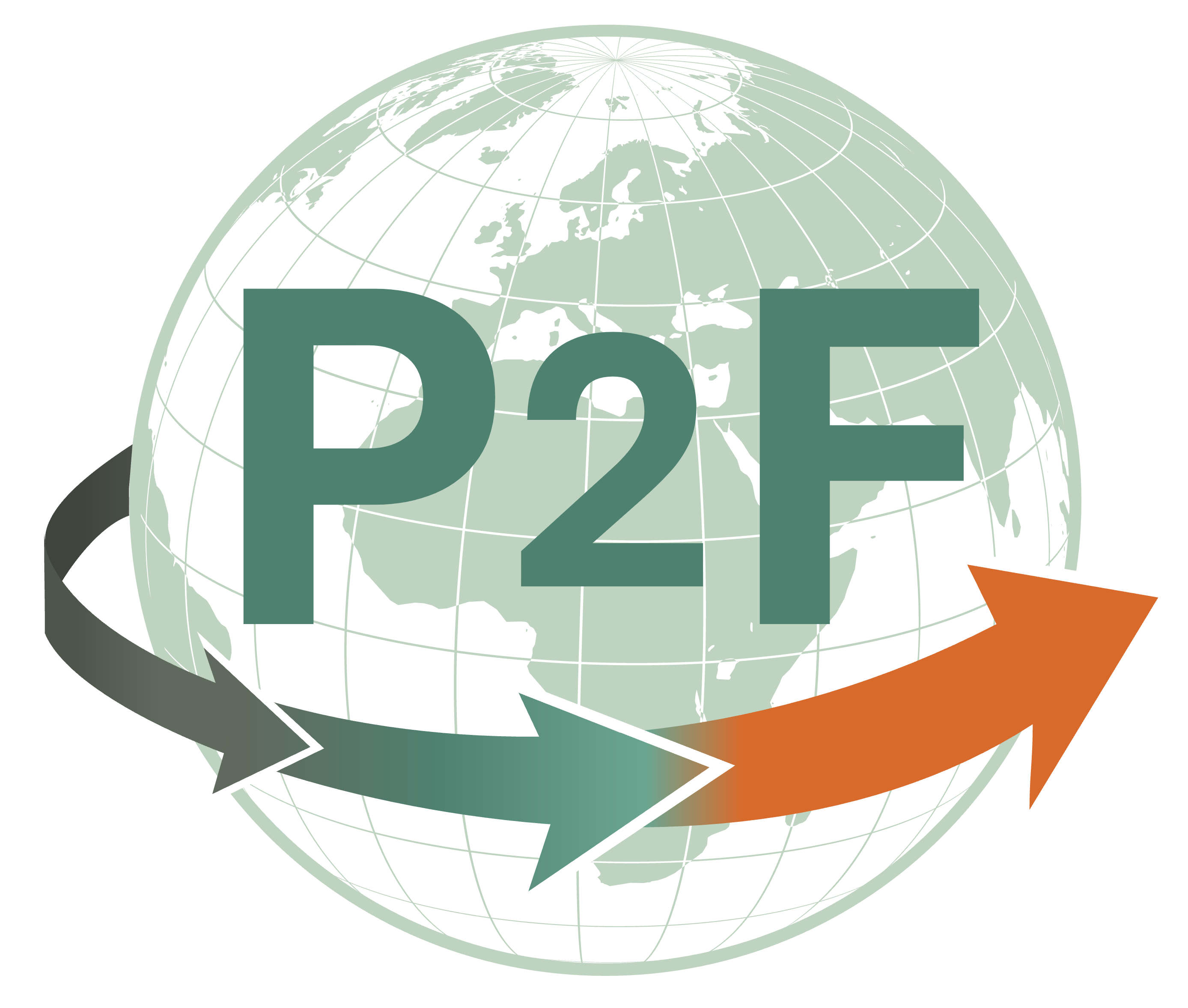Past to Future (P2F) is a 4-year Horizon Europe research project which launched in March 2025 and brings together 24 partners from a wide-range of disciplines in future climate model development, paleo-climate data collection, and applied mathematics. Our goal is to make optimal use of past climatic information to better understand Earth’s climate response to various kinds of forcing, focusing on abrupt climate transitions and tipping points.
Advancing our knowledge of past climatic conditions to better understand the future
P2F addresses the critical challenge of enhancing our capacity to anticipate future climate change by radically advancing our knowledge of past climatic conditions. As the Earth moves towards climate states not covered by human-made observations, understanding past climate responses to various forcings, particularly abrupt transitions and tipping points, becomes increasingly vital. Current Earth System Models (ESMs) are primarily calibrated using relatively stable instrumental records of the last ~170 years, limiting their ability to accurately simulate potentially exotic future climate states characterised by significant variability and critical transitions.
The overarching ambition of P2F is to develop, expand, and utilise the wealth of paleoclimate data to significantly improve existing ESMs. This involves pioneering methods to directly integrate paleoclimate data into the model development phase, a crucial step towards creating fully paleo-informed models for future projection. By reconstructing past climate evolution and identifying the leading dynamical processes and feedbacks, P2F aims to enhance the ability of ESMs to model and anticipate critical transitions in the climate and ecosystems at relevant spatio-temporal scales.
These simulations, carried out with a hierarchy of models focusing on different time scales, will arguably be the most robust climate simulations ever carried out.
Past 2 Future
Objectives
Through our objectives listed below, P2F strives to fundamentally advance our ability to understand and anticipate the main climatic and societal impacts of the ongoing climate crisis, ultimately informing mitigation and adaptation strategies and contributing to a more resilient future. The project will actively engage with stakeholders and ensure open access to its findings, data, and models, fostering a lasting impact on climate science and policy.
- Determine key processes and drivers of past climate changes including spatio-temporal variability and abrupt transitions as well as their impact on ecosystems and early societies.
- Extend the reach of Earth System Models by providing fully paleo-informed models for future projections.
- Produce a portfolio of plausible future climate change scenarios taking advantage of documented past climate changes and abrupt transitions.
- Identify and understand tipping points and high-impact/low-likelihood events.
- Efficiently disseminate research outputs and engage key stakeholders in dialogue to ensure appropriate synergies are attained.

